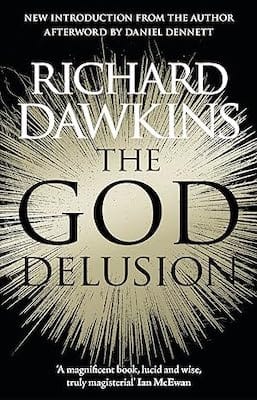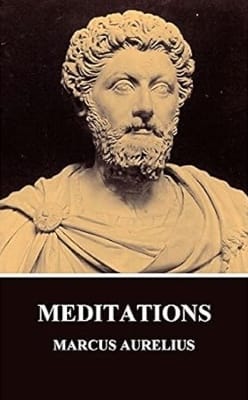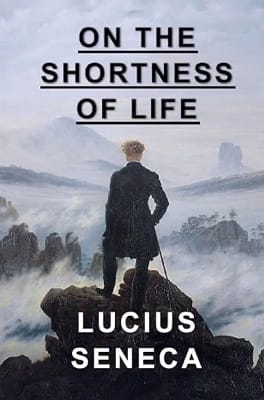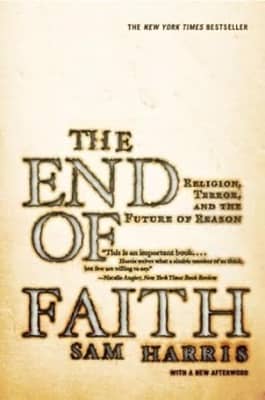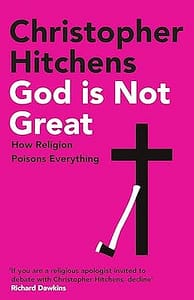
“God Is Not Great: How Religion Poisons Everything” is a thought-provoking book by Christopher Hitchens, published in 2007. The book is a critical examination of organized religion and its impact on society throughout history – Hitchens, a renowned journalist and essayist, uses his sharp wit and extensive knowledge of history, literature, and philosophy to argue against the positive perception of religion as a force for good in the world.
The book is structured around several key themes, including the contradictions and immoral teachings found in religious texts, the historical role of religions in promoting violence and oppression, and the conflict between religious faith and the pursuit of scientific knowledge. Hitchens critiques major religions, including Christianity, Islam, Judaism, and Buddhism, highlighting instances where religious beliefs have led to societal harm, such as wars, discrimination, and impediments to scientific progress.
Hitchens also discusses the concept of atheism, advocating for a secular worldview that relies on reason, science, and humanistic values instead of religious doctrine. He argues that morality is not derived from religion, but rather from secular understanding and compassion for fellow human beings.
Throughout the book, Hitchens employs a mix of personal anecdotes, historical analysis, and literary criticism to support his arguments. His writing style is engaging, provocative, and often humorous, inviting readers to question their own beliefs and the role of religion in society.
“God Is Not Great” has been both praised and criticized for its unapologetic stance on religion and its effects on civilization. Supporters find it a compelling call for reason and secularism, while critics argue that it unfairly disparages the positive aspects of religious belief. Regardless of where readers stand on the spectrum of belief, Hitchens’ book provides a stimulating perspective on the enduring debate over religion and its place in the modern world.

